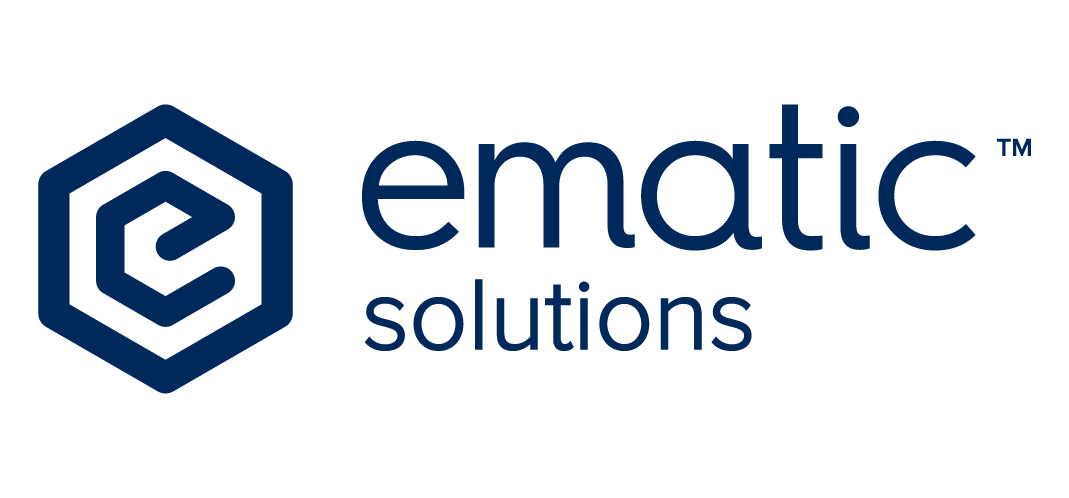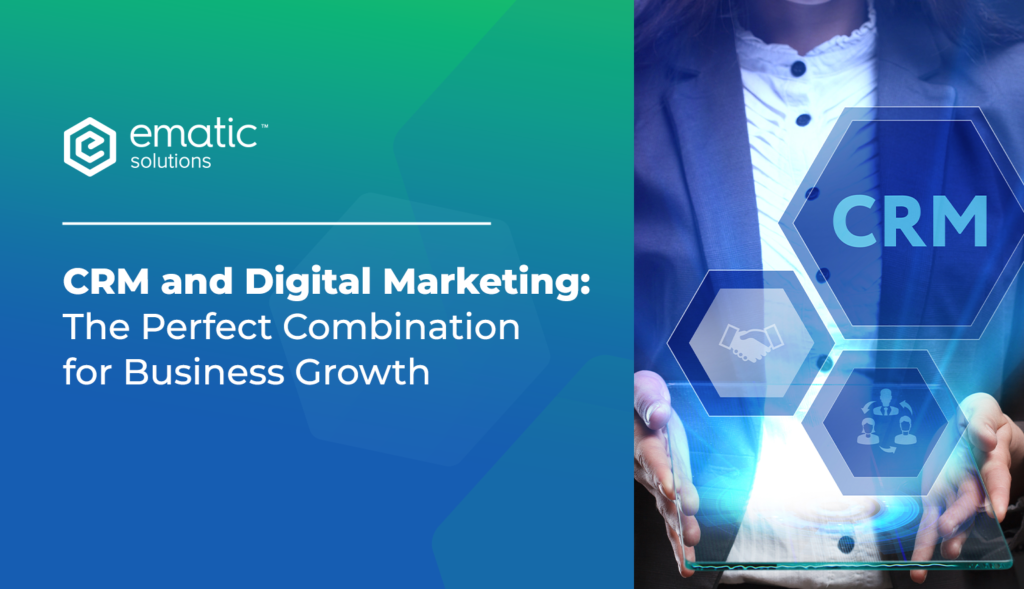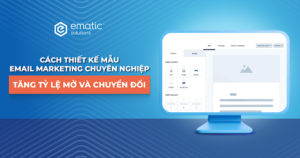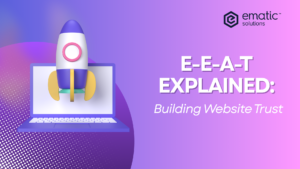In today’s rapidly evolving digital landscape, businesses are compelled to be more adaptive to changing consumer behaviors and market competition. One proven effective strategy is the combination of Customer Relationship Management (CRM) and digital marketing. This article will delve into how integrating CRM and digital marketing can be the perfect combination for business growth. Here are five key subtopics we will explore:
Understanding CRM and Digital Marketing
CRM (Customer Relationship Management) is a strategic approach that companies use to manage their relationships with customers. It encompasses various tools and techniques designed to help businesses understand customer needs, enhance interactions, and build long-term loyalty.
Using CRM in digital marketing enables businesses to collect, analyze, and leverage customer data more effectively. As a result, companies can create more personalized and relevant marketing campaigns, ultimately increasing conversion rates and customer satisfaction.
Benefits of Using CRM and Digital Marketing
CRM allows businesses to develop more effective marketing strategies through more accurate market segmentation. With the ability to group customers based on demographics, behavior, and preferences, businesses can create more targeted campaigns. For example, CRM can help identify customers who are likely to make repeat purchases, allowing companies to design timely retention campaigns.
Additionally, CRM enables tracking the ROI (Return on Investment) of digital marketing campaigns. By understanding which campaigns generate the highest revenue, businesses can allocate resources more wisely and focus on initiatives that yield the best results.
- Improved Lead Quality: By tracking customer interactions, CRM helps identify high-quality leads that are more likely to convert.
- Increased Conversions: Personalized messaging and marketing automation can boost conversion rates and generate more sales.
- Enhanced Customer Loyalty: By providing a better customer experience, CRM helps build stronger relationships with customers and increase their loyalty.
- Better Decision Making: The data generated by CRM and digital marketing can be used to make more data-driven business decisions.
Benefits of Integrating CRM with Digital Marketing
- Data Synchronization: By integrating CRM and digital marketing, businesses can unify all customer data from various channels. This allows marketing teams to have a more comprehensive understanding of customers.
- Personalized Messaging: Integrated data can be used to create more relevant and personalized marketing messages for each customer. This increases the likelihood of customers taking the desired action, such as making a purchase or providing a recommendation.
- Marketing Automation: CRM and digital marketing can be automated for routine tasks such as sending marketing emails, updating lead statuses, and follow-up reminders. This saves time and allows marketing teams to focus on more complex strategies.
Optimizing Customer Experience Through Data
Customer data collected through CRM is key to creating an optimal customer experience. In digital marketing, a good customer experience can be a significant differentiator. By analyzing CRM data, businesses can gain a deep understanding of the customer journey and identify the most influential touchpoints.
For example, if CRM data shows that many customers encounter difficulties during the checkout process, businesses can take proactive steps to improve the process, whether through website optimization or customer education campaigns. Thus, the integration of CRM and digital marketing not only improves marketing efficiency but also helps create a better customer experience.
Real-World Examples
- E-commerce: E-commerce companies can use CRM to track customer purchase history, provide relevant product recommendations, and send targeted promotional emails.
- Startups: Startups can leverage CRM and digital marketing to build brand awareness, build retention, acquire new customers, and accelerate business growth.
Tips for Selecting and Implementing CRM
- Identify Business Needs: Before choosing a CRM, determine your business needs and the features that are important to you.
- Select the Right Platform: Consider your business size, budget, and the level of complexity required in a CRM.
- Train Your Team: Ensure your team receives adequate training to use the CRM effectively and understand its benefits.
- Integrate with Other Tools: Ensure the chosen CRM can integrate with other digital marketing tools you use for maximum efficiency.
By understanding and implementing the integration of CRM and digital marketing, businesses can harness the power of data to enhance marketing strategies, improve the customer experience, and drive sustainable growth.
CRM Tools That You Need To Know
These are CRM (Customer Relationship Management) tools that can help elevate your business:
- Mailjet
Mailjet is an email marketing platform that allows users to create, send, and track email campaigns. In addition, Mailjet supports email API for transactional and marketing emails. Its key features include customer segmentation, A/B testing, customizable email templates, and real-time analytics to track campaign performance. - Klaviyo
Klaviyo is a marketing platform focused on email and SMS, primarily for e-commerce businesses. Klaviyo integrates customer data from various platforms (such as Shopify, Magento, etc.) to create personalized communication experiences. Its key features include automated segmentation, AI-powered product recommendations, and in-depth analytics to monitor ROI from marketing campaigns. - Iterable
Iterable is a cloud-based marketing platform focusing on cross-channel communications (email, push notifications, SMS, social media, etc.) to enhance customer experiences. Iterable allows businesses to create automated workflows and personalized messages based on customer interactions. It is often used by companies with a focus on growth marketing and customer engagement. - Hi-IQ
Hi-IQ is a CRM designed to support smarter customer relationship management. Typically, this platform uses data analytics and artificial intelligence (AI) to improve customer experiences and assist businesses in making better decisions based on customer behavior and needs. - Salesforce
Salesforce is one of the most popular CRM platforms globally, used by both large and small businesses. Salesforce offers various tools for sales management, customer service, marketing, and analytics. The platform allows flexible integration with third-party applications and supports various types of business process automation. Salesforce is also known for its flexibility in customizing CRM according to specific business needs.
These tools help businesses manage and build better relationships with their customers through more personalized and efficient communication strategies.
CRM Services Offered by Ematic Solutions
Ematic Solutions provides Customer Relationship Management (CRM) services to help businesses enhance their customer relationships through advanced strategies and technologies. They offer several key services, such as:
- Platform Management: Assisting businesses in selecting, implementing, and managing the right CRM platform for their needs.
- Campaign Management: Ensuring CRM campaigns run effectively through integrated marketing strategies.
- Marketing Automation: Automating marketing processes to improve efficiency and focus on customer retention.
Ematic also partners with leading CRM platforms like MailJet, Salesforce, Klaviyo, and others to ensure customized solutions tailored to each business’s needs. They offer flexible services for both new companies that have not yet adopted CRM systems and businesses looking to upgrade their existing CRM systems.
With over nine years of experience, Ematic also provides local support, helping companies of various sizes achieve optimal results. These services not only reduce operational costs but also increase ROI (Return on Investment) through measurable and efficient strategies.
For complete details, visit Ematic Solutions – CRM Services




